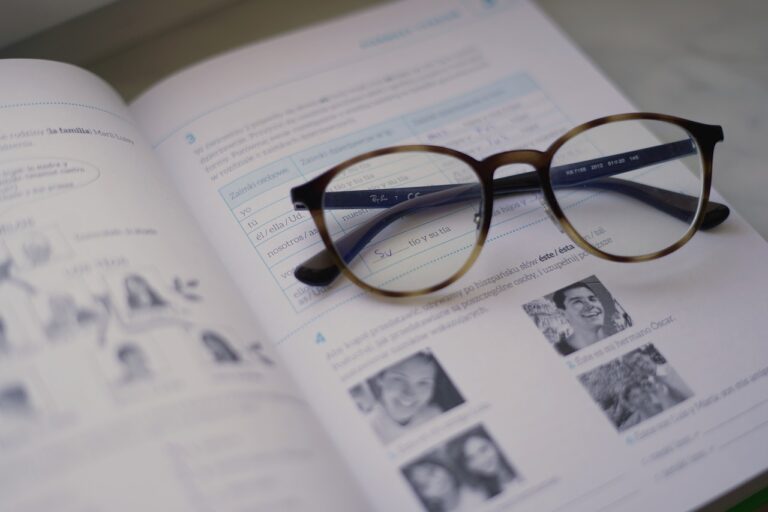Addressing Learning Disabilities in Educational Settings
Learning disabilities are neurological conditions that affect an individual’s ability to acquire, process, retain, or communicate information. These challenges can impact various academic skills such as reading, writing, math, and comprehension. It is important to recognize that learning disabilities are not indicative of a lack of intelligence but rather a different way the brain processes information.
Individuals with learning disabilities may struggle with tasks that others find straightforward, leading to frustration and feelings of inadequacy. Despite possessing average to above-average intelligence, these individuals may face barriers in traditional educational settings. Understanding the specific learning needs and providing appropriate support can help individuals with learning disabilities thrive academically and socially.
Types of Learning Disabilities
Dyslexia is a common learning disability that affects a person’s ability to read fluently and comprehend written language. Individuals with dyslexia may struggle with decoding words, spelling, and understanding phonetics. It is important to note that dyslexia is not related to a lack of intelligence, but rather a difference in the way the brain processes language.
Another type of learning disability is dyscalculia, which impacts a person’s ability to understand and work with numbers. Individuals with dyscalculia may have difficulty with basic arithmetic, recognizing patterns, and understanding mathematical concepts. This can present challenges in academic settings, as well as in everyday tasks that involve numerical reasoning.
• Dyslexia affects reading fluency and comprehension
• Individuals with dyslexia struggle with decoding words, spelling, and phonetics
• Dyslexia is not related to intelligence but rather a difference in language processing
• Dyscalculia impacts understanding and working with numbers
• People with dyscalculia may have difficulty with arithmetic, patterns, and mathematical concepts
• Challenges can arise in academic settings and everyday tasks involving numerical reasoning
Challenges Faced by Students with Learning Disabilities
Students with learning disabilities often encounter a range of obstacles in their academic journey. One major challenge is the struggle to keep pace with their peers in terms of learning and understanding new concepts. This can lead to feelings of frustration and inadequacy, impacting their self-esteem and confidence.
Furthermore, students with learning disabilities often face difficulties in processing and retaining information, which can affect their ability to complete assignments and exams successfully. This constant battle to grasp and retain information can be mentally exhausting and may result in feelings of anxiety and stress among these students.
What is a learning disability?
A learning disability is a neurological disorder that affects the brain’s ability to receive, process, store, and respond to information.
What are some common types of learning disabilities?
Some common types of learning disabilities include dyslexia, dysgraphia, dyscalculia, and auditory processing disorder.
How do learning disabilities impact students?
Learning disabilities can impact students in various ways, such as difficulties with reading, writing, math, organization, time management, and social skills.
What are some challenges faced by students with learning disabilities?
Students with learning disabilities may face challenges such as academic struggles, low self-esteem, feelings of frustration, difficulty focusing, and social isolation.
How can students with learning disabilities overcome these challenges?
Students with learning disabilities can overcome challenges by seeking support from teachers, parents, and learning specialists, developing coping strategies, utilizing assistive technology, and advocating for their needs.







